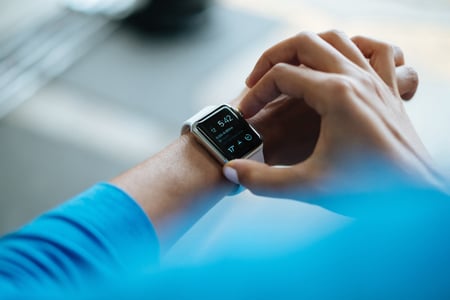
The CLASS® tool is complex and for good reason. It measures human interactions, which are in and of themselves very complex. While complexity in measuring interactions is a good thing, CLASS takes ongoing practice to master and maintain. If you are not in the tool regularly, or if you train a lot but only occasionally code in classrooms, you can experience what we call “drift.”
Drift happens when your scoring is no longer reliable. You might begin to of It’s possible to move away from being as reliable as you once were. Luckily, there’s an answer for that—CLASS Calibration!
What is Calibration?
Calibration is a quick and impactful way to practice coding, gauge your reliability, and assess where you may need some fine-tuning. It involves watching and coding a single video and submitting those codes online. You will receive an automated score report and access to a webinar detailing the master codes and rationales behind the master codes for the video. It's like a mini-reliability test!
How Can Calibration Impact My Trainings?
Calibration can have a powerful impact on both you and your participants. Each time you calibrate, you deepen your own CLASS content knowledge and hone your coding skills. When you train, the experience of calibration can give you classroom examples to share that are relevant to the participants. The more you practice and check-ins you have with master codes, the more comfortable you’ll feel with the tool—whether training, coaching, or coding. With comfort comes confidence, which will be apparent to your participants. It makes that all-important "buy-in" a little easier too!
How Often Should I Calibrate?
Make it a habit! At a minimum, you should be calibrating once or twice a year. If you know you’ve got a bunch of trainings or observations coming up, calibrate beforehand. If you regularly train or observe, set a more rigorous calibration schedule for yourself, such as quarterly or monthly. As a bonus, you will feel better prepared come recertification time!
Investing in yourself through calibration reaps benefits for you, your trainees, and the teachers and children in the classrooms you and your trainees will observe. That’s what I call a win, win, win!
Of course, calibration isn't the only thing you can do to maintain reliability between annual certification tests. How do you keep your CLASS coding knowledge on point?